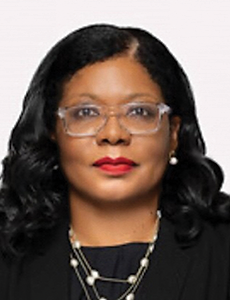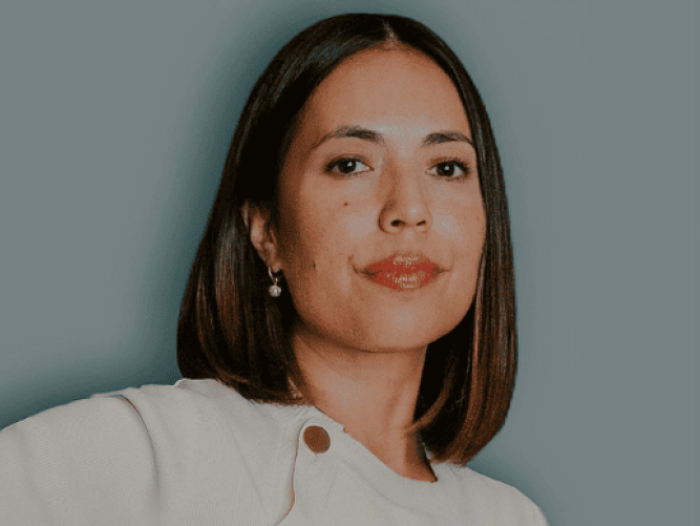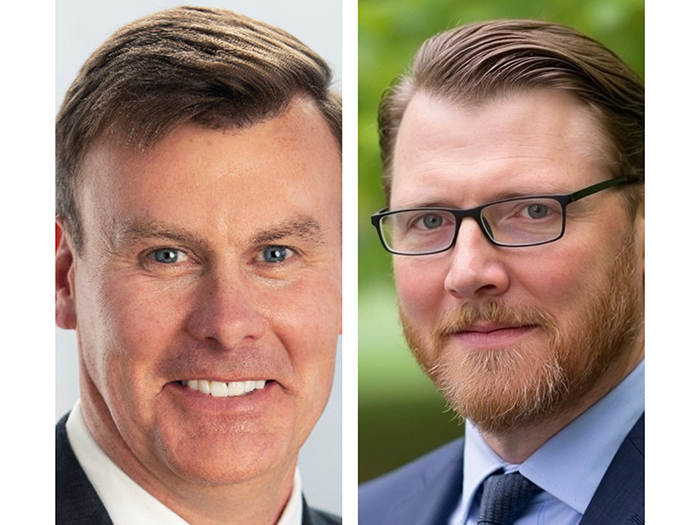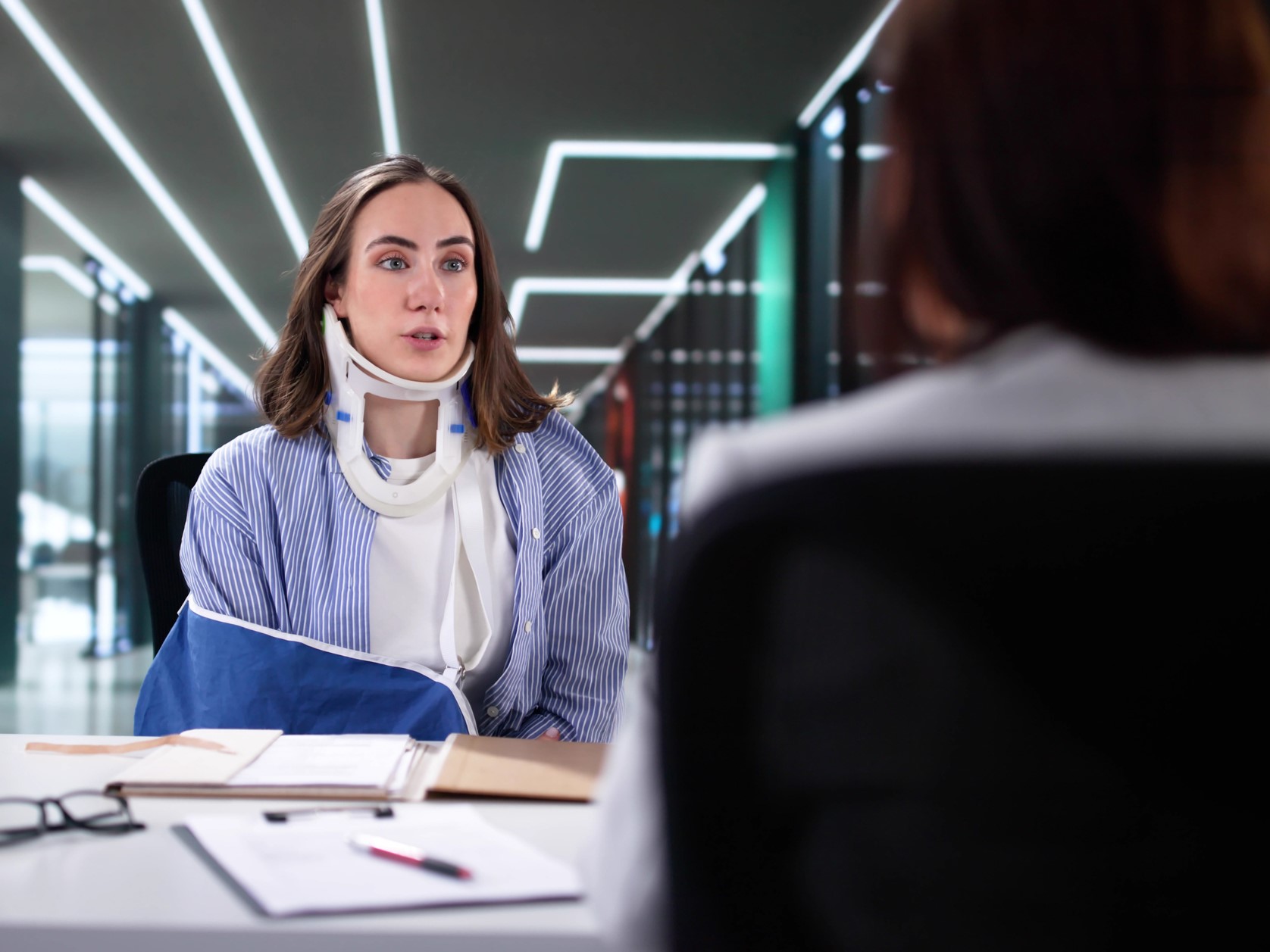2025 Theo Award Winner: Aramark
 When the COVID-19 pandemic impacted many of Aramark’s client businesses overnight, the global food services and facilities management company faced many challenges and critical decisions. While certain of Aramark’s operations adapted through the use of new services, such as increased deep cleanings and mail-order gift boxes, within its risk management dept., rather than simply accepting the uncertain workers’ comp landscape, members of the team saw an opportunity to fundamentally reimagine its workers’ compensation program.
When the COVID-19 pandemic impacted many of Aramark’s client businesses overnight, the global food services and facilities management company faced many challenges and critical decisions. While certain of Aramark’s operations adapted through the use of new services, such as increased deep cleanings and mail-order gift boxes, within its risk management dept., rather than simply accepting the uncertain workers’ comp landscape, members of the team saw an opportunity to fundamentally reimagine its workers’ compensation program.
“Sometimes, it’s about slowing down to speed up,” said Nicole Patterson, director of workers’ compensation and risk management operations.
The pandemic allowed for deep analysis of historical claim data which revealed how social determinants of health like healthcare access barriers, comorbidities and financial uncertainty impacted the injured employee’s recovery and return to work, adding significant complexity to claims management. Rising workers’ compensation costs had escalated beyond simple wage replacement to include legal defense fee increases, overtime expenses, and hidden productivity losses.
The team recognized that their diverse workforce, spanning hospitals, schools, correctional facilities and entertainment venues, needed solutions that met employees where they were without assuming everyone’s needs were the same. They also recognized that the injured employee experience was dependent on critical touchpoints and employees’ ability to access claim information via multiple entry points.
“These good people were going out every day, in hospitals, in correctional facilities, wherever our clients were open, there they were. You can’t solve your customer’s problems or delight your customers if you don’t know what their needs are. Our clients are Aramark employees,” Patterson said.
Tackling the Problem

Nicole Patterson, director of workers’ compensation and risk management operations, Aramark
Rather than treating the pandemic as a setback, the claims team made a proactive pivot to address its challenges, which were substantial. The transformation began with a fundamental shift in claims management philosophy, embracing what Patterson calls a hospitality approach to workers’ compensation. The company distributed copies of Unreasonable Hospitality by Will Guidara to its dedicated workers’ compensation team, establishing principles that would guide every interaction with employees and partners.
This also included a comprehensive transformation centered on what Patterson called “words matter” — changing how the risk management team and its partners discussed employees, and pushing back against negative assumptions and stereotypes commonly found in the industry. The claims team insisted on respectful language throughout the claim process that aligned with Aramark’s hospitality values and embraced an advocacy approach to the program.
Leadership education became crucial. By spending time onsite at various Aramark locations and consulting with key HR business partners, the team gained valuable insights into the daily realities of their operators and employees.
As a result, the claims team simplified its message to front line managers nationwide into three core actions: report injuries promptly, communicate openly with the third-party administrator Sedgwick, and actively support return-to-work efforts across all business lines. Manager training was upgraded to foundational Work Comp 101 sessions and further enhanced, using AI voice-over technology, to compress the hour-long training sessions into seven-minute videos that employees could access repeatedly via the company intranet.
Aramark expanded its perspective on return-to-work opportunities, encouraging managers to look beyond their immediate operations to other business units within the company’s diverse portfolio. This approach opened new possibilities for employees with permanent restrictions.
“We’ve been having a lot of success with people who’ve been out of work for a while,” Patterson said. “We’re saying to people who have been out six months to a year, people with permanent restrictions, ‘We’re not giving up on this. Let’s look elsewhere.’ “
Technology played a crucial role as well. As part of its digital transformation, Aramark has implemented broad technological solutions to enhance the overall employee experience, including a virtual assistant accessible through Microsoft Teams and a toll-free employee support line where employees could speak about their needs without navigating complex phone systems.
These systems operate in multiple languages to serve Aramark’s diverse workforce. Most of Aramark’s thousands of U.S. employees’ work does not require a laptop, so having easy access to information via phone or smart device is essential for today’s workforce.
Partnering with Sedgwick, a web-based TPA portal was implemented to allow employees to view their workers’ compensation claim information and communicate directly with their adjuster, while providing managers with a dedicated view to monitor claim progress and support return to work efforts.
Success to Build On
The comprehensive approach has yielded significant improvements across multiple metrics and validated Aramark’s people-first approach. Average claim resolution times have decreased, leading to enhanced operational efficiency. Indemnity costs related to the first 14 days of claims have seen notable reductions, while work status outcomes have improved with fewer employees relegated to off-duty or restricted work statuses.
Organization: Aramark * Location: Philadelphia * Number of Employees: 27o,000 * Category: Hospitality & Food Service
Most importantly, while Aramark experiences continued growth, claim frequency has remained stable, demonstrating the effectiveness of the company’s prevention and early intervention strategies across all organizational levels.
The claims automated return-to-work portal for adjusters now triggers immediate coordination when workers receive medical clearance and the path back to work is unclear. Cross-business placement opportunities have been explored to help employees with restrictions find suitable roles within Aramark’s diverse operations.
This new intake mechanism using an online intake system has streamlined relevant data collection, providing real-time claim overviews without extensive manual research. This system captures critical metrics including job type, salary, state, and modified duty options, enabling better financial impact projections and more informed decision-making.
The transformation has fundamentally changed employee experiences during recovery. More injured workers return to meaningful roles sooner with reduced stress and fewer delays. Managers have become proactive champions, actively collaborating to support recovery and reintegration outcomes.
Aramark’s claims team’s hospitality-driven approach to workers compensation extends beyond technology. To them, workers’ compensation is not just a transactional process, but an opportunity to demonstrate the company’s values and commitment to its employees, regardless of how the claim is ultimately resolved. The company’s presence across multiple industries where people live, work, and play creates opportunities for continued engagement even after claims resolution.
Drawing on her clinical background as a registered nurse and the scale of her current responsibilities, Patterson reflected on the reach of the workers’ compensation program she oversees. “Instead of having two patients in the ICU, at any given time there are 180,000 people who are dependent upon this program,” Patterson said. “I think it’s a privilege to work on their behalf and work for them.” &
 The Theo Award celebrates its sophomore year, honoring 32 workers’ compensation programs for their excellence and service to workers across the nation. To learn more about the award and amazing qualities each winner possesses, visit here.
The Theo Award celebrates its sophomore year, honoring 32 workers’ compensation programs for their excellence and service to workers across the nation. To learn more about the award and amazing qualities each winner possesses, visit here.









